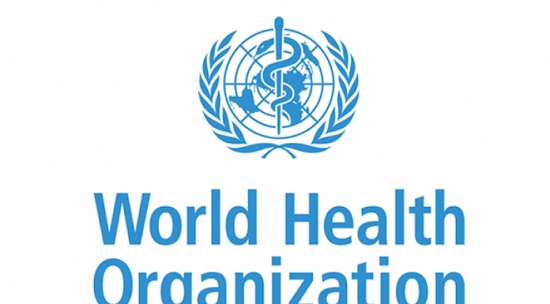World Health Organisation (WHO), has said that COVID-19 vaccine shipments to Africa must rise by over seven times from around 20 million doses per month to 150 million each month on average if the continent is to fully vaccinate 70 per cent of its people by September 2022.
It noted that while Africa’s third wave continues to ease, 108,000 new cases were recorded, and more than 3000 lives lost in the week to 19 September.
According to WHO, 70 per cent target was agreed at the global COVID-19 summit hosted by the United States of America on the margins of the United Nations General Assembly this week.
WHO Regional Director for Africa, Dr. Matshidiso Moeti, stated this yesterday at the virtual press conference of
WHO Regional Office for Africa facilitated by APO Group.
She said the United States had pledged to share 500 million more COVID-19 vaccines to low-income countries over the next year, bringing its total pledges to more than 1.1 billion doses.
“The global COVID-19 summit was a dose of hope for Africa and we commend pledges to share more vaccines, save lives and build back better. It is the kind of international solidarity that will help to end the pandemic. This is about life and death for potentially millions of Africans so there is no time to waste in getting
these shipments moving,” she said
According to Moeti, COVAX Facility, the global platform to ensure equitable access to COVID-19 vaccines, has been forced to slash planned deliveries to Africa by 25 per cent this year, due to global supply shortages and export bans.
“COVAX shipments are still coming into African countries – with 4 million doses received in the past week. However, only a third of the vaccines that wealthy countries pledged to share with Africa by the end of 2021 have been received.
“Actions speak far louder than words and African countries need clear delivery dates so they can plan properly. We also need strong structures set up to ensure that all promises made are promises kept,” said Moeti.
WHO said it has assisted 18 African countries in conducting intra-action reviews, which analyse all aspects of their vaccination campaigns and offer recommendations.
It the reviews have shown that vaccine supply security and uncertainty around deliveries have been a major impediment for many African countries.
“Also, the longer the delay in rolling out the vaccines, the greater the risk of additional challenges emerging such as variants, hesitancy, operational gaps or other threats.
‘While Africa’s third wave continues to ease, 108,000 new cases were recorded, and more than 3000 lives lost in the week to 19 September.
There have now been nearly 8.2 million COVID-19 cases recorded on the continent. The Delta variant has been found in 38 African countries. The Alpha variant has been detected in 45 countries and the Beta in 40.
“Health workers, services and communities can and should use this time to regroup and prepare for the next wave. With end-of-year travel and festive celebrations fast approaching, fresh increases in cases should be expected in the coming months. Without widespread vaccination and other preventive measures, the continent’s fourth wave is likely to be the most brutal yet,” said Dr Moeti.
During the briefing, Dr Benido Impouma, Programme Director for Universal Health Coverage/Communicable and Noncommunicable Disease, WHO Regional Office for Africa, was joined by Professor Jean-Jacques Muyembe, Director-General, National Institute for Biomedical Research (INRB), Democratic Republic of the Congo and Technical Secretary of the Multisectoral Committee for the Response to COVID-19 in DRC, and Dr Githinji Gitahi, Group Chief Executive Officer, AMREF Health Africa.
Also, on hand to respond to questions were Dr. Richard Mihigo, Coordinator, Immunisation and Vaccines Development Programme, WHO Regional Office for Africa, and Dr Thierno Balde, Regional COVID-19 Deputy Incident Manager, WHO Regional Office for Africa.



